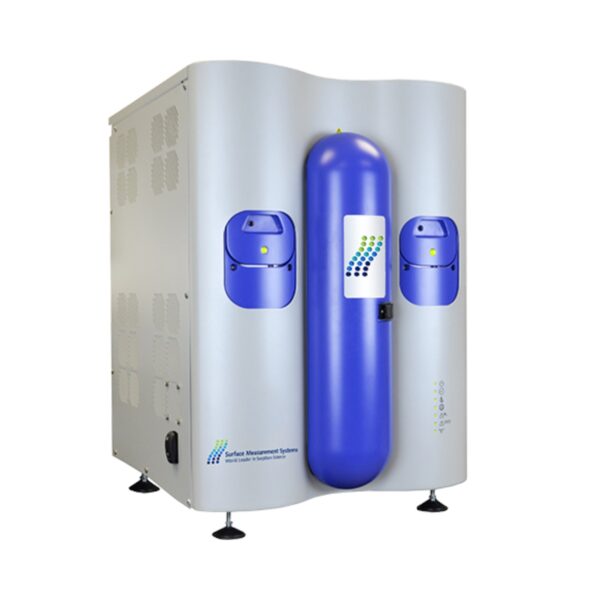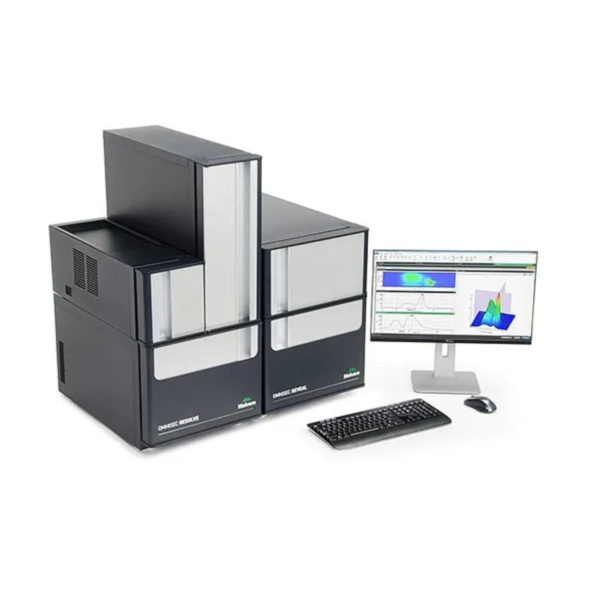Surface Measurement Systems – Inverse Gas Chromatography – Surface Energy Analyzer (iGC-SEA)
The iGC-SEA continues Surface Measurement Systems’ pioneering history with inverse gas chromatography (iGC), which now spans more than fifteen years.
How Does the iGC-SEA Work?
The iGC-SEA is based on Inverse Gas Chromatography (iGC) methodology and is a gas phase technique for characterising surface and bulk properties of solid materials. The principles of IGC are very simple, being the reverse of a conventional gas chromatographic (GC) experiment.A cylindrical column is uniformly packed with the solid material of interest, typically a powder, fibre or film. A pulse of constant concentration of gas is then injected down the column at a fixed carrier gas flow rate, and the time taken for the pulse or concentration front to elute down the column is measured by a detector. A series of iGC measurements with different gas phase probe molecules then allows access to a wide range of phyisco-chemical properties of the solid sample.
The injected gas molecules passing over the material adsorb on the surface with a partition coefficient KS:
Ks = Vn / Ws
Where VN is the net retention volume – the volume of carrier gas required to elute the injection through the column, and WS is the mass of the sample. VN is a measure of how strongly the probe gas interacts with the solid sample and is the fundamental data obtained from an IGC experiment; from it a wide range of surface and bulk properties can be calculated.
Key Features
Key Industries
- Biopharmaceutical and Biotechnology
- Cosmetics & Personal Care
- Food & Beverage
- Polymers, Plastics and Rubbers
- Mining & Minerals
- Education & Academics
- Medical
- Pharmaceutical
More Products
Surface Measurement Systems develops and engineers innovative experimental techniques and instrumentation for physico-chemical characterization of complex solids. We are the…





